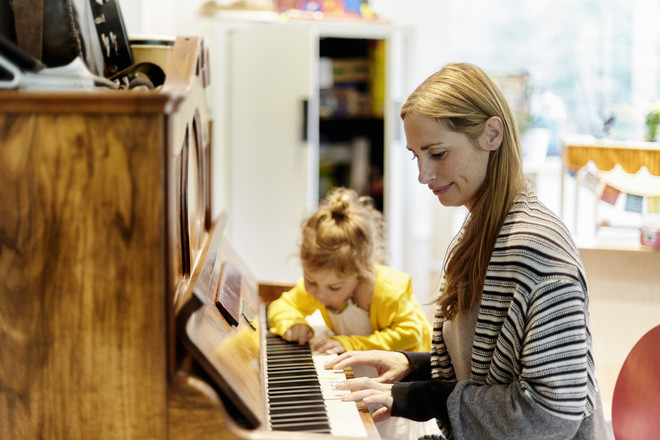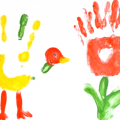The role of parents in the education of gifted children
Parents have influence on children from an early ageage. They are the first to notice the giftedness of the baby - the ability to set a goal and achieve it. In childhood, this quality manifests itself as curiosity, which is visible when children begin to speak. Parents of gifted children pay much attentiondevelopment of children's abilitiesPhoto: GettyThese activities and the purposefulness of the child to adults is most often uncomfortable. You need to spend a lot of time on answers and classes. Much easier to crush, then the child does not seek anything to learn. Good parents develop children's curiosity, the desire for independence and setting their goals.
Parents of gifted children pay much attentiondevelopment of children's abilitiesPhoto: GettyThese activities and the purposefulness of the child to adults is most often uncomfortable. You need to spend a lot of time on answers and classes. Much easier to crush, then the child does not seek anything to learn. Good parents develop children's curiosity, the desire for independence and setting their goals.
Psychologist's Advice to Parents of Gifted Children
Родителям не нужно акцентировать внимание на одарённости ребёнка, но они должны ему во всём помогать. Нельзя уделять достижениям ребёнка больше внимания, чем заботе о нём. Родители должны быть сами соответствующим образцом для подражания. Несколько принципов правильного отношения к одарённому ребёнку формулируются следующим образом:
- it is necessary to give the right to choose one's interests;
- you can not undermine children's trust by causing feelings of guilt;
- as the child grows up, the child should appear; independence, responsibility and independence;
- one can not ridicule children's shortcomings, insulting dignity;
- The child should be accepted as he is and help him.
It is recommended to encourage a gifted childcreativity, initiative, independence. Parents should see the uniqueness and originality of children's work. It is important to keep children's drawings and crafts, they will create good memories together.
Recommendations on how to teach gifted children
Parents encourage children's desire to learn. To properly support a child, it is necessary to follow some rules:
- praise for success;
- take the child as he is;
- Ensure an enrichment environment appropriate to the child's child's interests;
- form interests;
- allow to make independent decisions, sometimes pushing to continue to do;
- do not compare the child with other children.
It is necessary to allow the child to receive independentexperience, and live with the consequences of this experience. It is good if he can try many things - music, drawing, sports, handicrafts, and choose what he likes.









